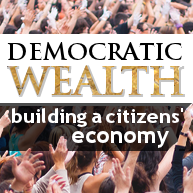
Democratic wealth: Exploring ideas for a citizens’ economy
Could republicanism provide the model for a political economy that belongs to us all and works for the common good? OurKingdom and Politics in Spires’ new series explores this question, introduced here by its editor.
The past two decades or so have seen a renewal of interest within academic political theory in something, or some things, called ‘republicanism’. As a tradition (or set of traditions) within political theory, republicanism is not going to give us a direct handle on, say, the details of monetary and fiscal policy. But it can perhaps provide a constructive basis for thinking about what we fundamentally want from an economic order and about some of the institutions or approaches that will promote these goals.
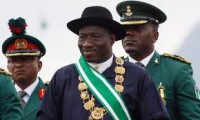
Deepening Democracy: In Nigeria, improving government accountability means paying politicians less
While the Global Commission report on Deepening Democracy provides insightful recommendations on strategies for improving electoral integrity, we must remember that elections are just one step in the democratic process. Certain precursors need to be made right in order to make the report’s recommended strategies achievable. Having lived in Nigeria and experienced the democratic process there, I am of the opinion that one vital measure needed to strengthen its nascent democracy is to drastically reduce the excessive financial incentives that accompany political positions. The quest for political leadership must be guided by a passion to lead and make changes. Sadly, these are noble incentives overshadowed by the “what is in for me?” mentality of personal gratification that has eaten deep into the fabric of the country’s political space.

Deepening Democracy in Europe: Participatory budgeting is a solution to the austerity vs democracy conundrum
In its mission statement the Global Commission on Elections, Democracy and Security points out that while elections are vital to democracy, on their own they are not sufficient. According to, “Deepening Democracy”, a recent report, elections also need integrity. They are right. But elections are insufficient in at least another respect too. Democracy is not limited to casting a ballot once every four or five years; the nature of democratic government also manifests itself in the period between elections. This is best exemplified by the current sovereign debt crisis in the Eurozone.

US Republicans: The election postmortem should recognise that change is finally something to embrace
Barack Obama won re-election, his party managed to hold the Senate, and the House of Representatives is still – exactly as before the elections – dominated by the Republicans. Licking their wounds, they remain hostile to presidential administration. Has anything shifted? More than it seems. Certainly there is scope for a number of changes on the horizon – the most important ones concerning the American right.
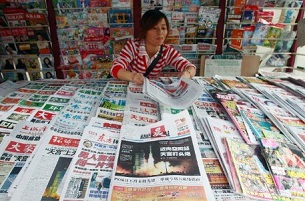
How to improve democracy in China? Start with a free press
Before joining the first cohort of students at the Blavatnik School of Government, I worked as a journalist for state-owned China Central Television, the biggest media outlet in China. Before that I spent four years working as a reporter and anchor for the Beijing Television Station, the local outlet for China’s capital city, also owned and operated by the government. Based on this, if I’m asked, about a single measure would strengthen democracy in my home country, I would firstly respond that you have to have more than one measure to reach that goal. However, if I can only choose one, I would definitely vote for free speech and an independent media.
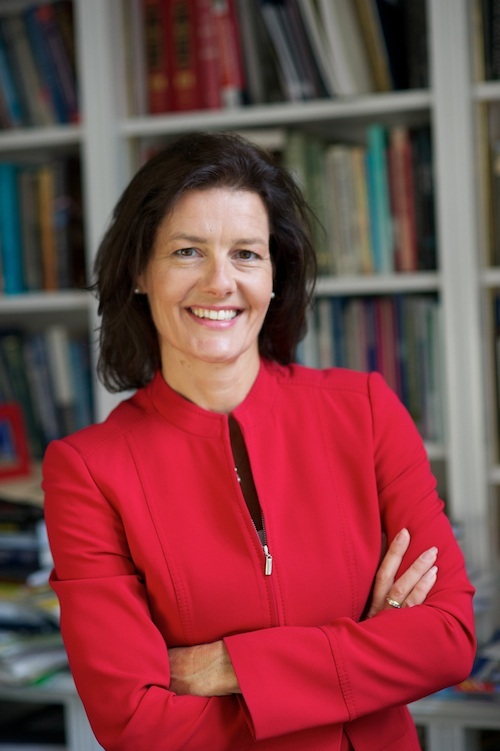
Deepening the dialogue on democratic integrity
“What single measure would help to strengthen democracy in your country? Would an improvement in electoral integrity help?” Share with us what you think.
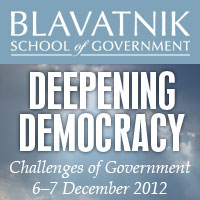
Deepening Democracy
Deepening Democracy is an online series of articles, responding to the September 2012 report by the Global Commission on Elections, Democracy and Security, on improving the integrity of elections. The series is being curated by the Blavatnik School of Government and features contributions from students on the Master of Public Policy course at the School, as well as guest posts from Oxford and Cambridge scholars in politics and international relations.

Democratic Wealth
In 2008, when the economic crisis hit, many expected the demise of ‘neoliberalism’ as the reigning economic philosophy. Yet four years on, there are still few alternatives on offer. New citizen movements, such as the indignados in Spain and Occupy movements in London, New York and elsewhere, have articulated a need for an alternative. In this series, we will explore how republicanism – and republicans – might help achieve this.









